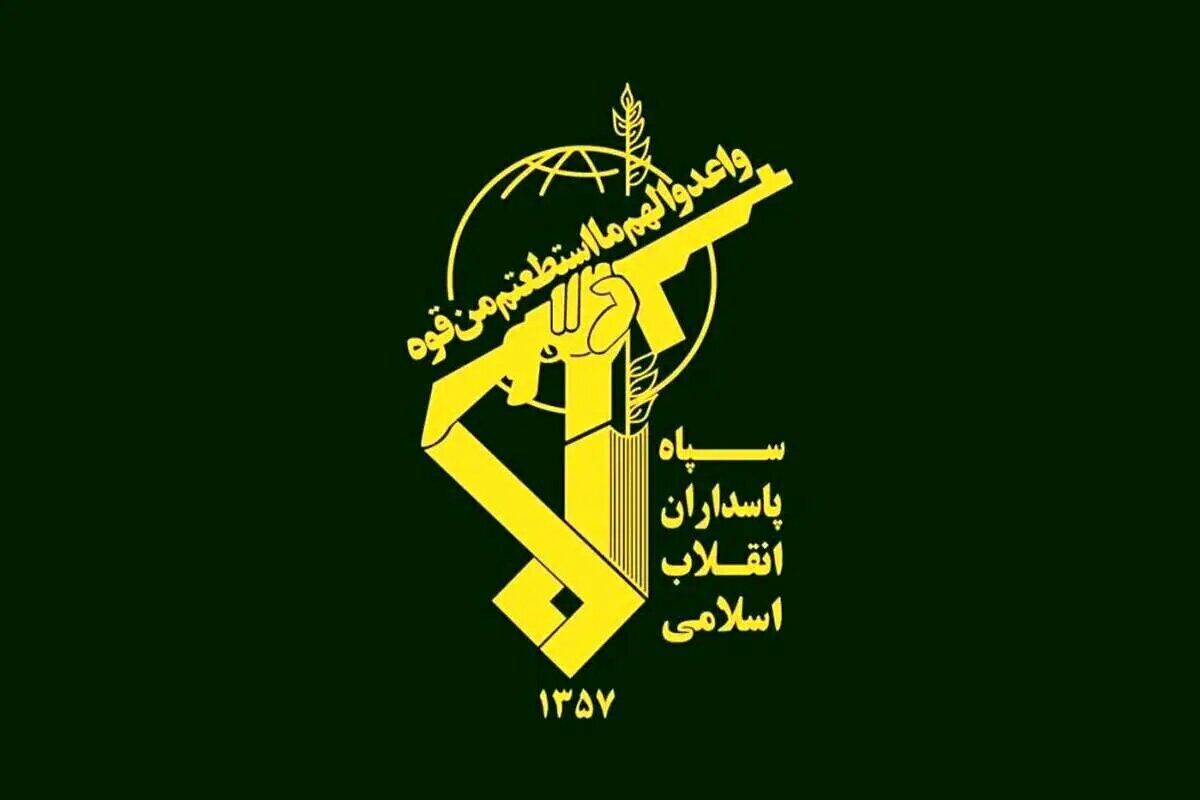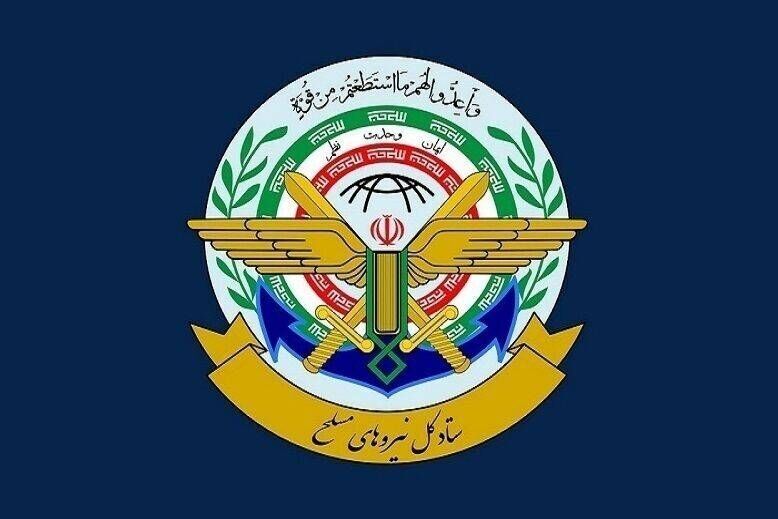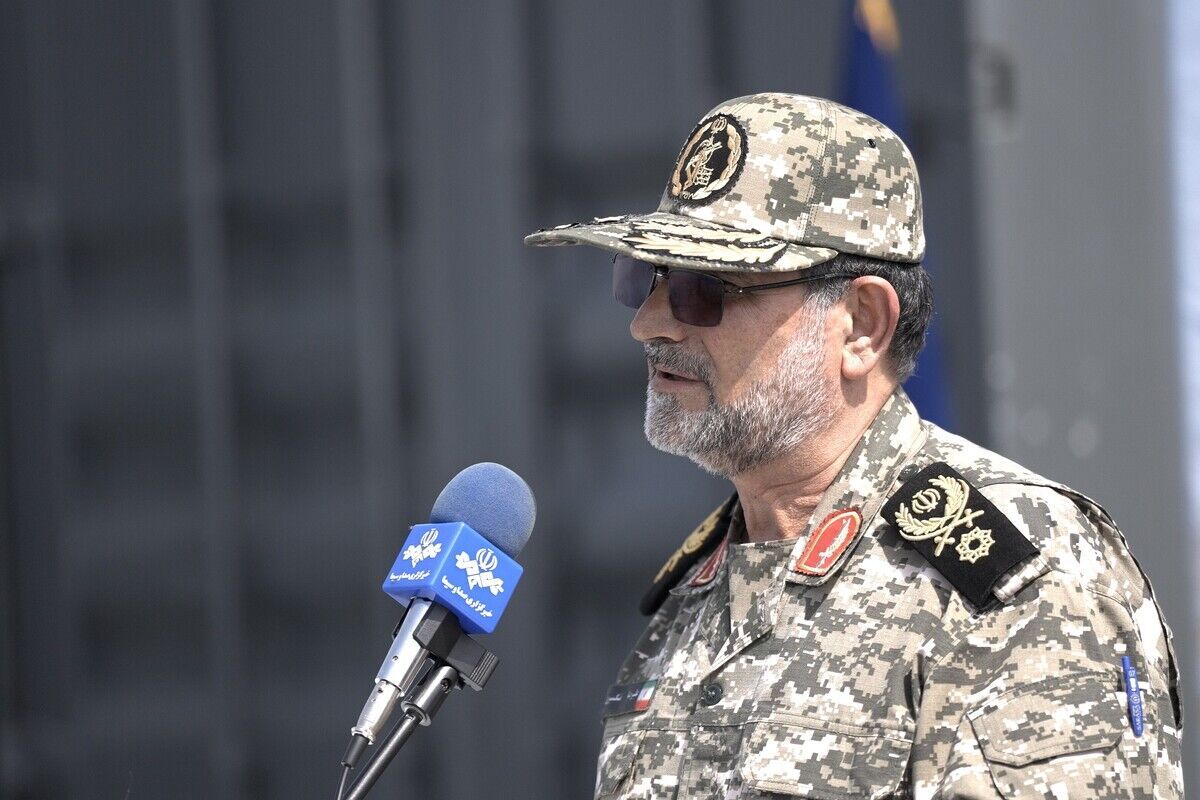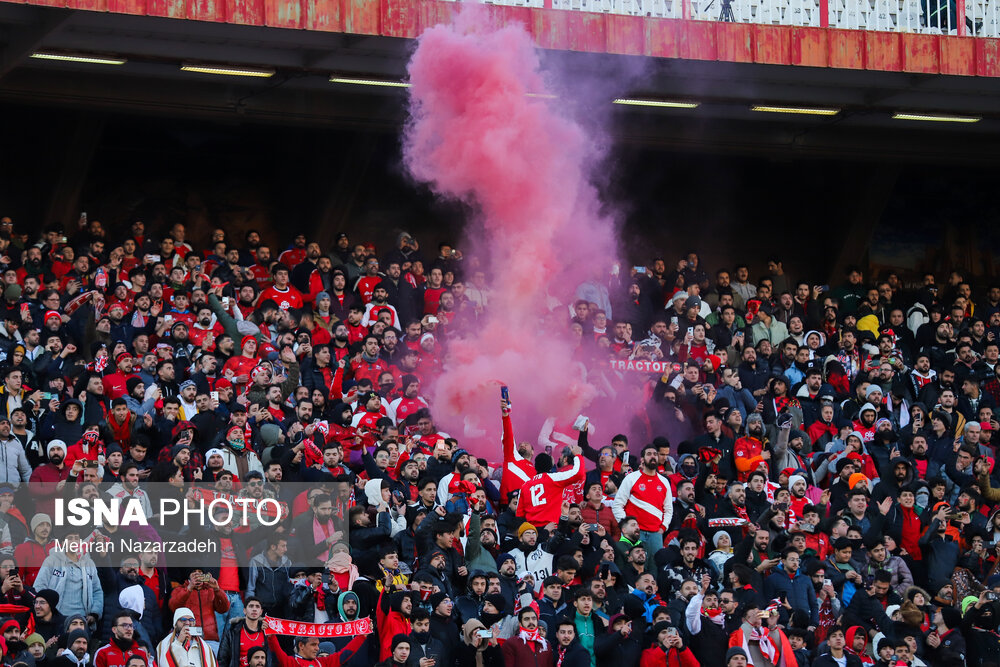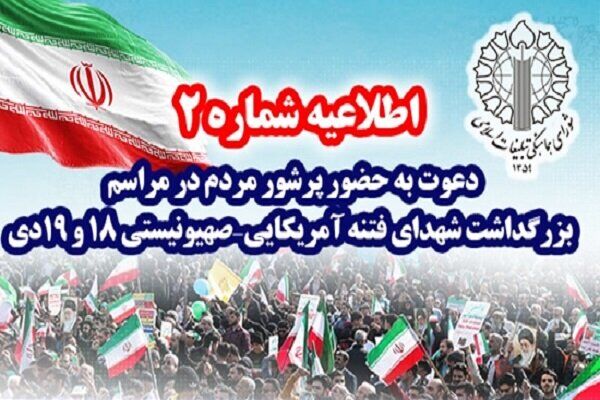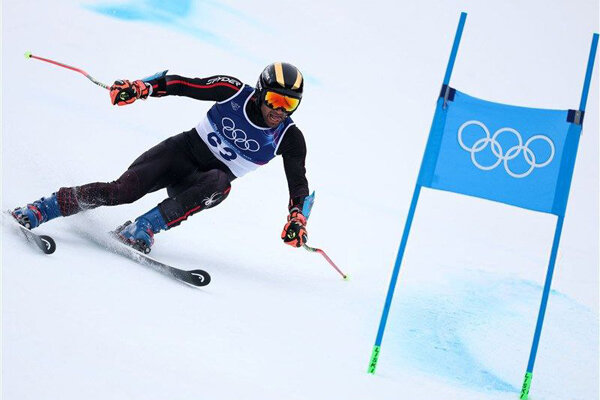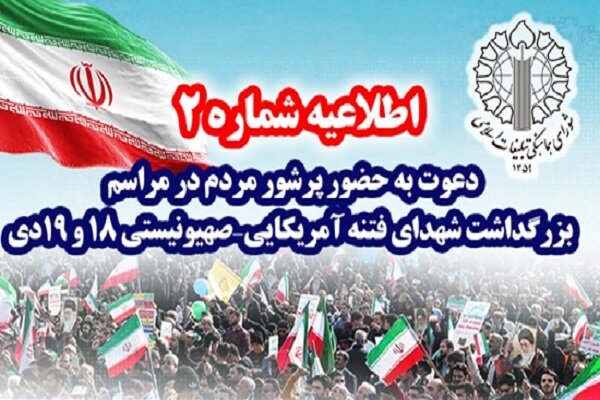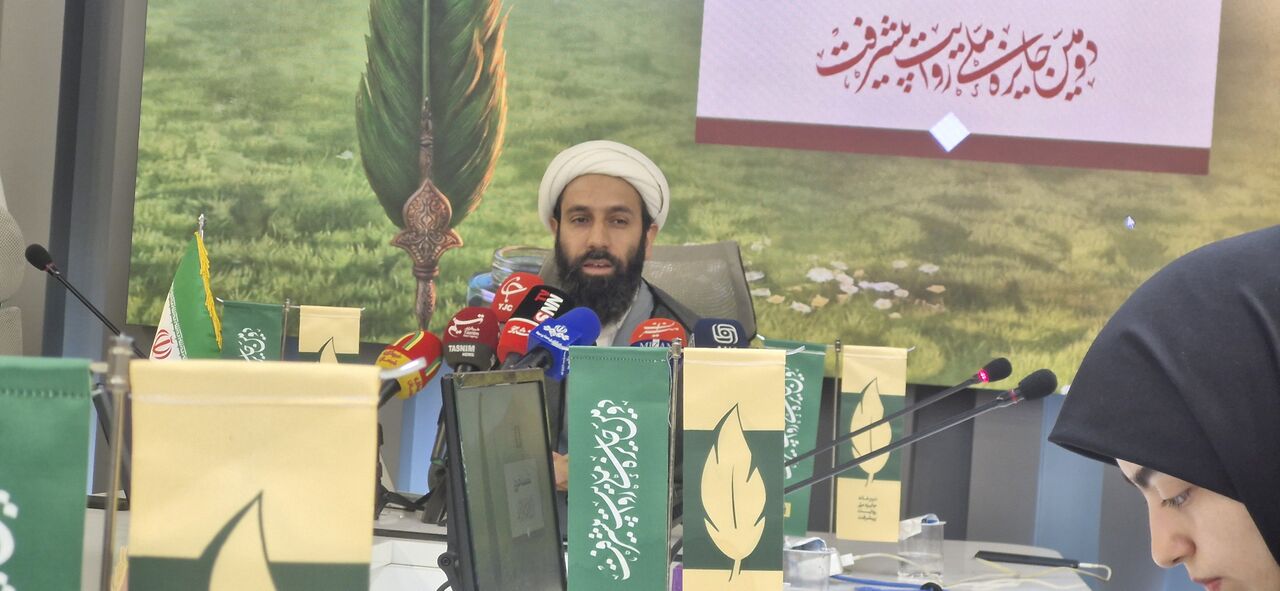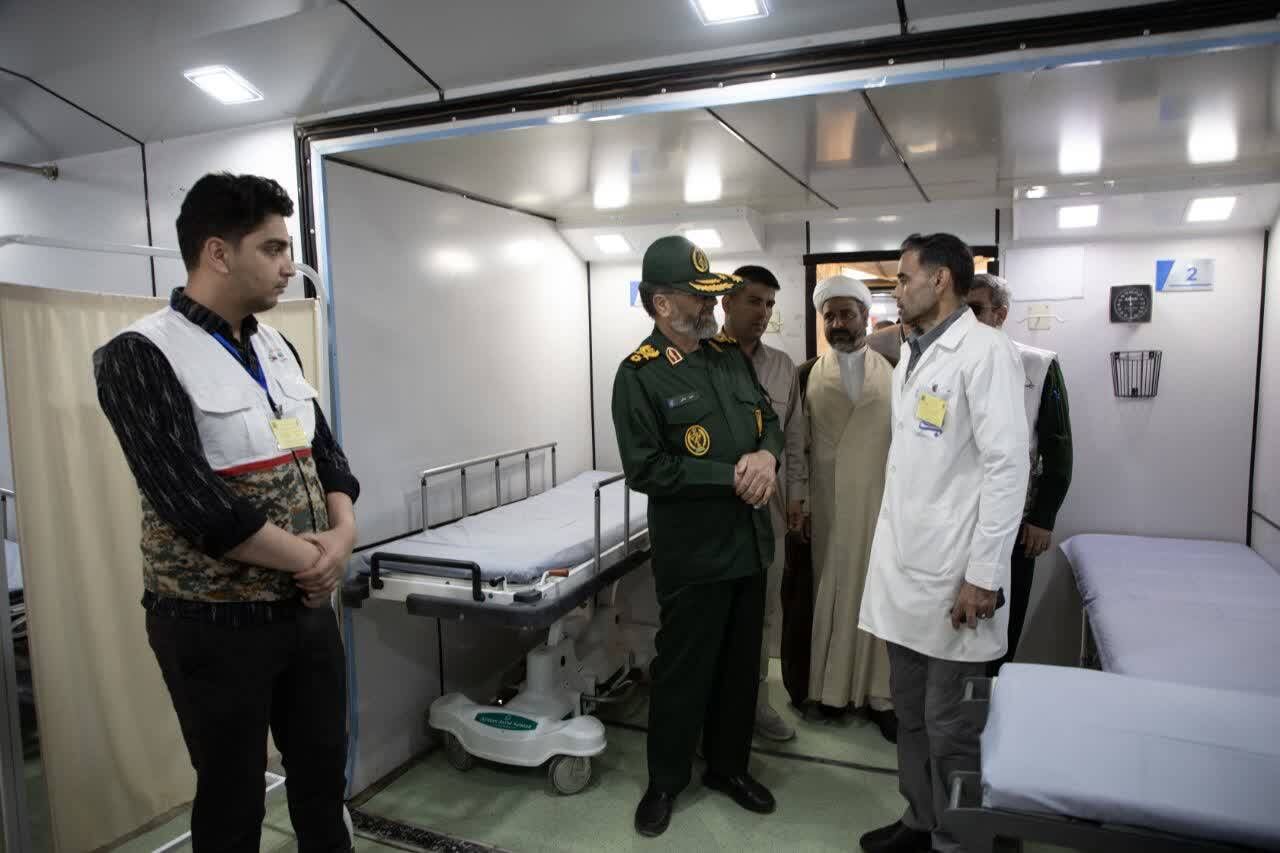Morocco GenZ 212 activists call to boycott billionaire prime minister's businesses
Morocco GenZ 212 activists call to boycott billionaire prime minister's businesses

The Moroccan youth group currently leading a protest movement calling for social justice and an end to corruption is now demanding a boycott of all companies associated with Prime Minister Aziz Akhannouch, whose resignation it also wants.
GenZ 212, which has been organising the peaceful protests rocking the North African kingdom since 27 September, published a poster on social media earlier this week with the slogan "Economic boycott for justice".
Brands named as part of the boycott are Afriquia Gaz, Akwa, Mini Brahim, Fairmont Hotel and Aujourd'hui Le Maroc.
The group said: "These are some of Akhannouch's companies and investments. Boycott them and let's see the results."
Akhannouch, who has led the government since 2021, is a billionaire businessman operating in several key sectors of the Moroccan economy, including hydrocarbons, distribution, tourism, media, real estate and energy.
Ranked 16th on Forbes’ Africa's Billionaires list with a $1.6bn net worth in 2025, Akhannouch is amongst the top three richest Moroccans after King Mohammed VI.
Protesters say that he has presided over a campaign of privatisation while in office of the education and health sectors.
The current boycott call was triggered by the deaths at a public hospital in the southern city of Agadir of eight pregnant women admitted for caesareans.
GenZ 212’s call for action is reminiscent of a large-scale boycott movement launched in 2018 on social media targeting three brands accused of charging excessive prices and perceived as symbols of the high cost of living in the country.
In addition to Sidi Ali mineral water and Centrale Danone dairy products, Moroccans boycotted fuel from Afriquia stations, owned by Akhannouch, then minister of agriculture and fisheries.
The campaign was widely backed by the Moroccan public.
According to several polls published at the time, 57 percent of Moroccans informed of the boycott said they stopped buying at least one of the three targeted brands.
The boycott had significant economic consequences and unsettled the government.
Earlier this week, in a statement published on Facebook and Discord, GenZ 212 called for the "immediate resignation of the Akhannouch government" and reaffirmed its refusal of any dialogue after the prime minister expressed the government's "readiness to engage in dialogue".
In its statement, GenZ 212 also stated what it deemed its "national demands".
The group calls for a radical reform of education, the creation of genuine employment opportunities for young people and a comprehensive reform of the health sector.
It also advocates for an independent judiciary, action against corruption and cronyism, and the fair distribution of resources.
Mohammed VI, who has so far not commented publicly on the protests, is due to speak on Friday.
GenZ 212, which claims to act out of "love of the country and the king", clarified that there would be no rally on Friday "out of respect" for the sovereign.
'The situation is grave'
The social movement that has grown around GenZ 212 has attracted tens of thousands of Moroccans both on the streets and online.
More than 185,000 members have signed up on the group's channel on Discord, the platform on which it organises the protests.
Spurred by the protests, 60 Moroccan public figures have urged the king to respond by initiating "in-depth" reforms.
Published on Wednesday, the open letter by intellectuals, artists and human rights defenders included signatures from historian Maati Monjib, journalist Omar Radi and activist Fouad Abdelmoumni - three of the most well-known targets of the kingdom's political repression.
"We are addressing you because you hold the ultimate authority, and therefore the ultimate responsibility,” they wrote to Mohammed VI.
“The people of Morocco are suffering, and its youth are shouting it out loudly in the streets."
The signatories, who said they believe that "the situation is grave", called for "the launch of a process of constitutional reform" and the release of all detainees associated with the GenZ 212 movement, as well as all "the other political prisoners and prisoners of conscience in Morocco".
Hundreds of arrests were made of GenZ 212 activists before the government authorised the gatherings.
In Rabat, 179 people were put on bail, and six are still in detention awaiting trial, according to the Moroccan Association for Human Rights.
Like the protesters in the streets, the 60 public figures also asked the state to make education, health and employment its priorities, rather than investing in "lavish" projects.
The 2030 World Cup has been a point of contention due to the huge cost of constructing stadiums associated with the tournament.





